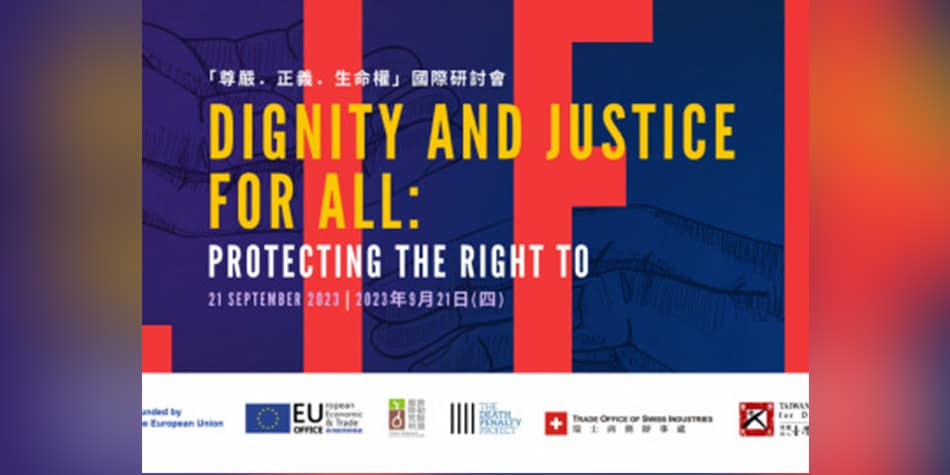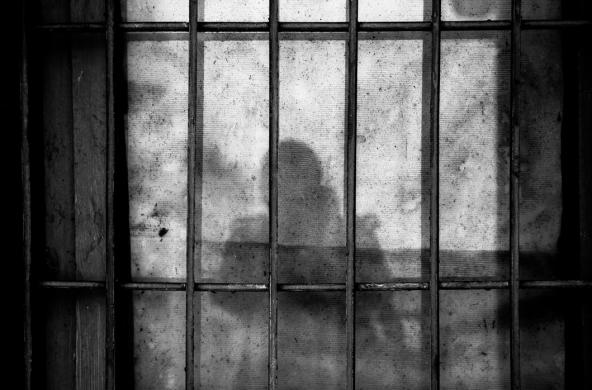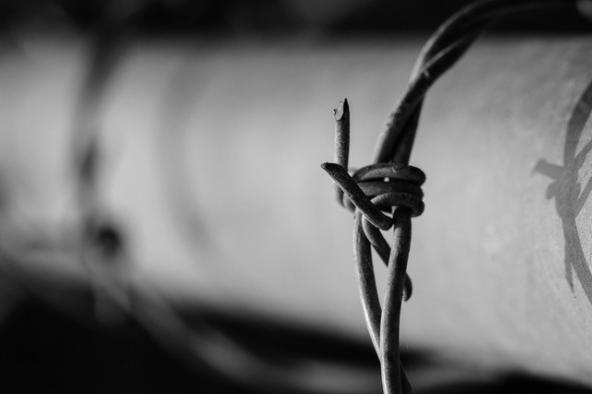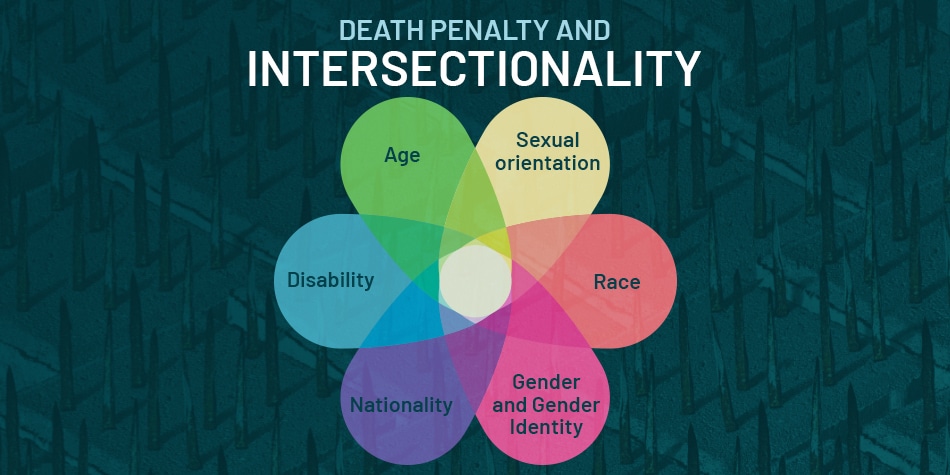
75th UN General Assembly High-Level Event Focuses on the Gender Dimension of the Death Penalty
On September 24th, the UN Permanent Mission of Italy, the European Union, and Amnesty International, in cooperation with the UN Office of the High Commissioner on Human Rights (OHCHR) and UN Women, held a high-level virtual event that shed light on the gender dimension of the death penalty. The webinar was conducted as part of the High-Level Week of the 75th Session of the UN General Assembly, and also commemorated the 25th anniversary of the Beijing Declaration and Platform for Action.
High-level officials from the UN system were present in the webinar, including UN Secretary General António Guterres, who reaffirmed the call for “every country, in all circumstances, to abolish the cruelest of punishments”. This call was echoed by the UN High Commissioner for Human Rights Michelle Bachelet, who reaffirmed her Office’s opposition to the use of the death penalty everywhere and noted that the trend towards abolition remains strong.
The webinar also invited speakers from academia and civil society to partake in the discussion on the often-neglected state of women on death row. The connections between gender and the death penalty are numerous, as gender bias persists extensively in the criminal justice system. Women are more likely to be prosecuted for crimes that are perceived to be breaking gender norms, or for more petty crimes, such as carrying lower amounts of drugs. They are less likely to be acquitted or have their court decisions revised, which can have devastating consequences for capital cases. Women accused of murder are often victims of domestic abuse and gender-based violence, but the judicial system does not take these gendered experiences into account. Moreover, most women on death row come from backgrounds of severe socioeconomic deprivation, are migrants, or are illiterate, and are thus unable to obtain effective legal representation during their trials.
The panelists provided points for effective policy response and collective action. It is necessary to rethink the notion of self-defense in the realm of criminal law, and take into account what it means in terms of domestic abuse against women. Courts must re-examine all cases of women on death row and adopt a gender lens to understand the underlying discrimination against them in the criminal justice system. The academe and civil society need to strengthen the knowledge base on the situation of women on death row, and collect better data in order to ingrain gender into the discussion on capital punishment.
In 2021, the theme of the 19th World Day Against the Death Penalty will be on gender and the death penalty in the hopes of bringing more attention to the numerous challenges women continue to face in the criminal justice system.







